Last week saw the conclusion of a week-long set of peaceful protests outside Parliament, dubbed ‘Survival in the Square’, supported by We Make Events, which hosted daily demonstrations from freelancers across various creative sectors.
From dance to opera, comedy to technicians, West End performers to classical musicians, the week highlighted not just the breadth of talent involved in the UK arts sector, but the devastating impact its demise is having on individual livelihoods.
Prior to the pandemic, creative industries were among the fastest growing in the UK, generating £111.7bn in 2018, equivalent to £306m per day.
This has been decimated by the impact of coronavirus, with theatres forced to close, live music cancelled, tours cut short and employees throughout losing contracts or being forced into unemployment.
A report published by the Creative Industries Federation back in June warned of a ‘cultural catastrophe’, with many sub-sectors set to lose over half their revenue and more than half of their employees.
Survival in the Square brought together numerous individuals whose hard-earned careers are in jeopardy.
Ruth Mair Howard-Jones is a freelance choreographer, whose group #SOS – Save Our Swans, performed in protest last Monday outside Parliament, supported by significant industry names such as Arlene Phillips and Debbie Moore.
‘The dance industry is the metaphorical dying swan of the wider UK economy,’ says Howard-Jones.
‘Freelancers are the lifeblood of a once vibrant cultural sector for our nation. Dance and theatre attract tourism and generate huge amounts of revenue. Government has thus far failed to give the dance and arts industry the requisite support to keep this sector alive.
‘The funding has gone direct to larger established companies, and does not address the freelancers within the industry to whom the support is most vital, many of whom do not have access to other sources of support,’ she adds.
‘As the government continues to turn its back on an industry in plight, so too does the drift of swans at the end of the ballet our talented dancers performed on Monday. This symbolic gesture is a plea to government to help revive the jobs and opportunities lost during Covid-19.’
The government’s pledge to provide £1.57bn of assistance to the industry has certainly been warmly received, and to date £427m of this has been allocated, with further announcements to be made in the near future.
However, the sentiment, from those sharing their skills in solidarity outside parliament last week, is that these funds are not reaching the individuals who so desperately need them – the vast majority of whom are freelancers.
Additionally, Equity, the main trade union for arts in the UK, states that 40% of its members have been ineligible for any form of support since the start of the pandemic.
Ruth Brill is a ballerina-turned-choreographer, who has worked with some of the country’s most prolific dance companies in addition to her freelance career.
She danced the ‘lead swan’ role in Monday’s protest performance in Westminster.
‘We are uniting to throw a spotlight onto the struggling arts world – professional dancers, and all who contribute to our world, and the young professionals of the future too!’ explains Brill.
‘In my role as a freelancer, I have not been able to access any support from the government. I lost all my choreography commissions almost overnight when the pandemic hit. The Arts Council funding has helped larger organisations in the industry but has not trickled down to the smaller companies and the freelancers.
‘We’ve got to stick together to make our voices heard to ensure that years of dedication, skill and expertise is not lost. We need the arts to bring some joy and escapism, to heal us from these difficult times.’
Ultimately, there are no easy solutions while performances and events cannot resume. Yet if we do not address the disparity between the support for arts institutions and the lack of aid for the freelancers who work in them, we risk losing the backbone of what a year ago was one of the fastest growing economies in the UK.
In the words of dancer Casey Nokomis Pereira: ‘This is not the end of the arts, but instead this is the time to recognize the value of the arts sector. We need artists and the public to stand strong and stand together to keep our industry thriving, no matter what.’
Photo Credit – Skitterphoto (Pixabay)











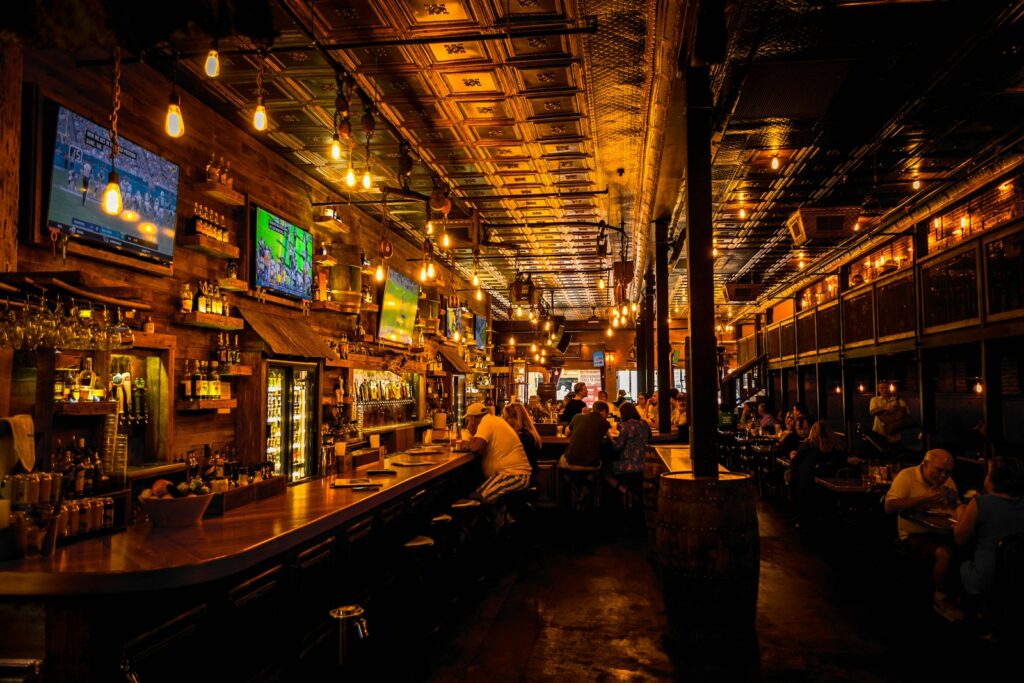
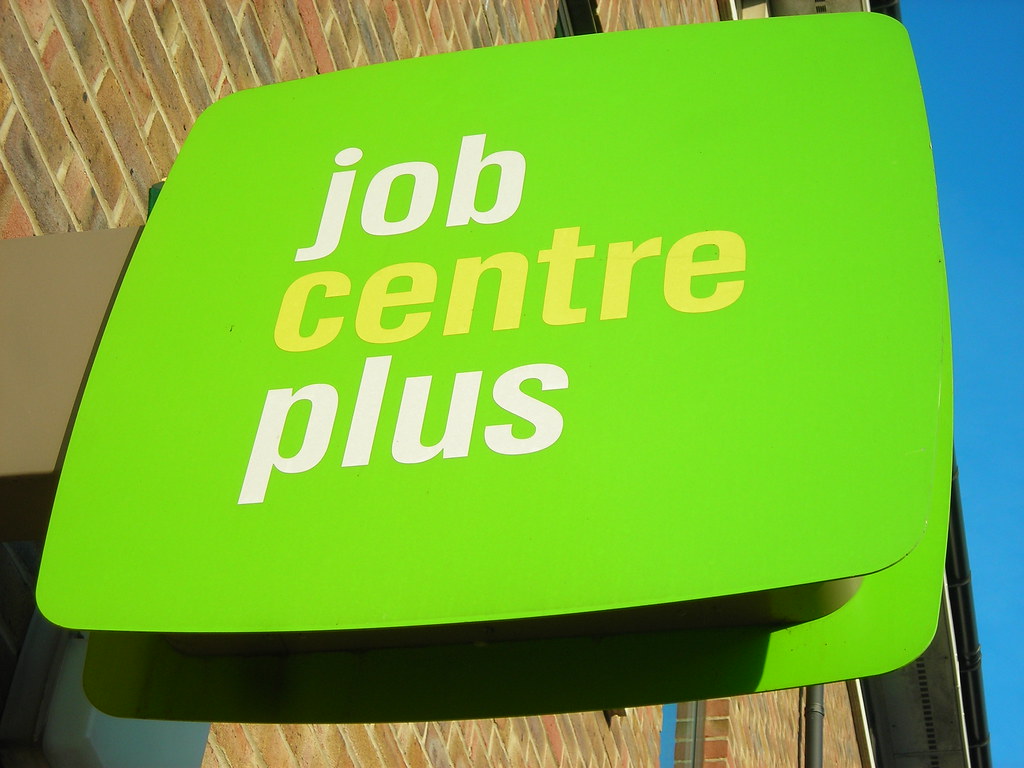

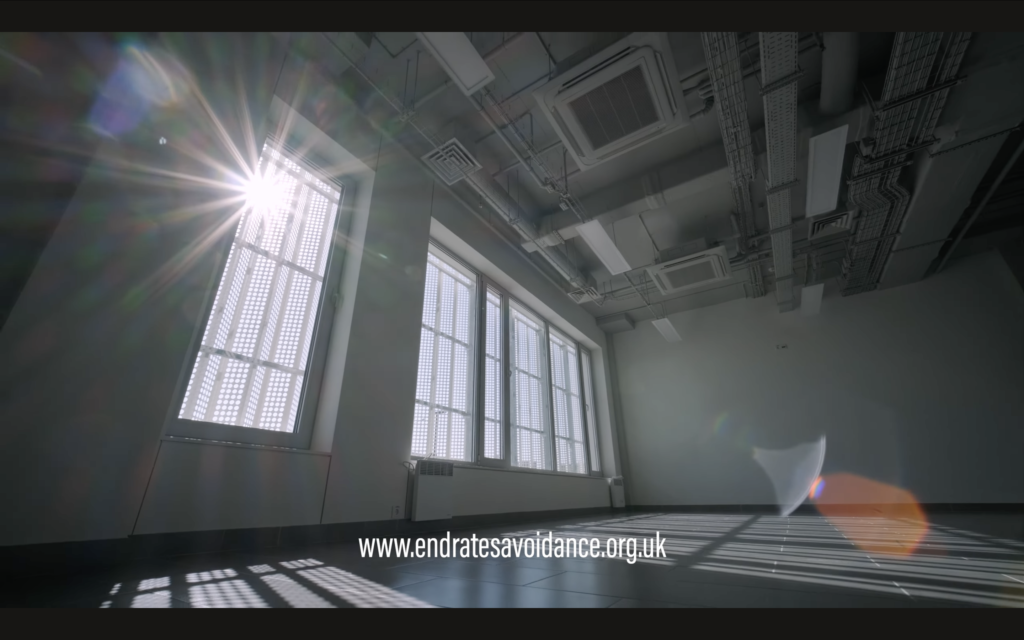
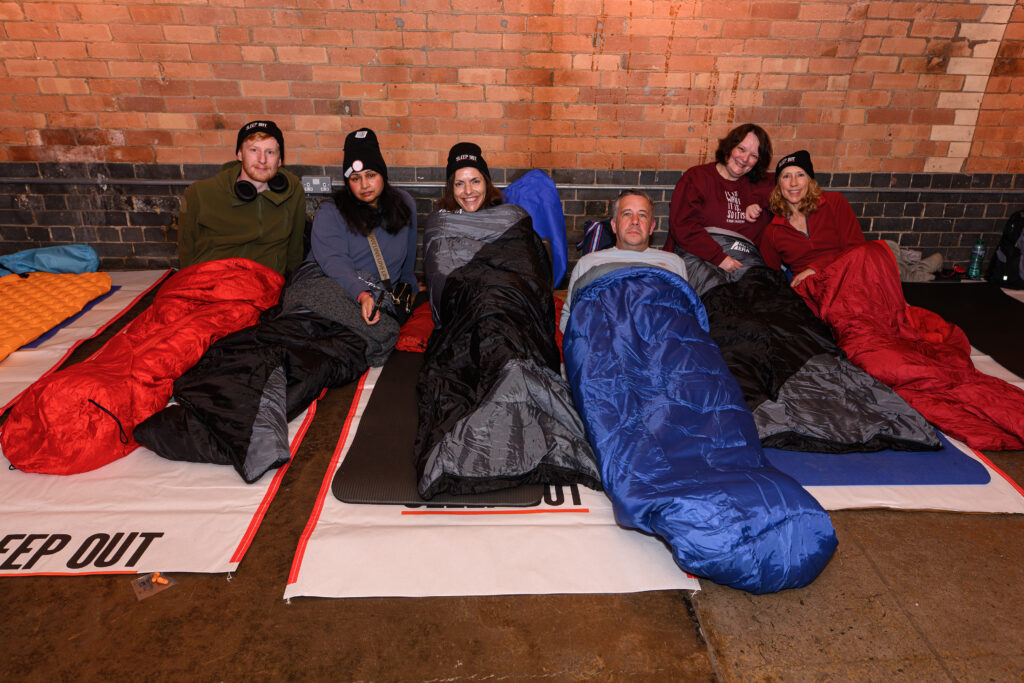
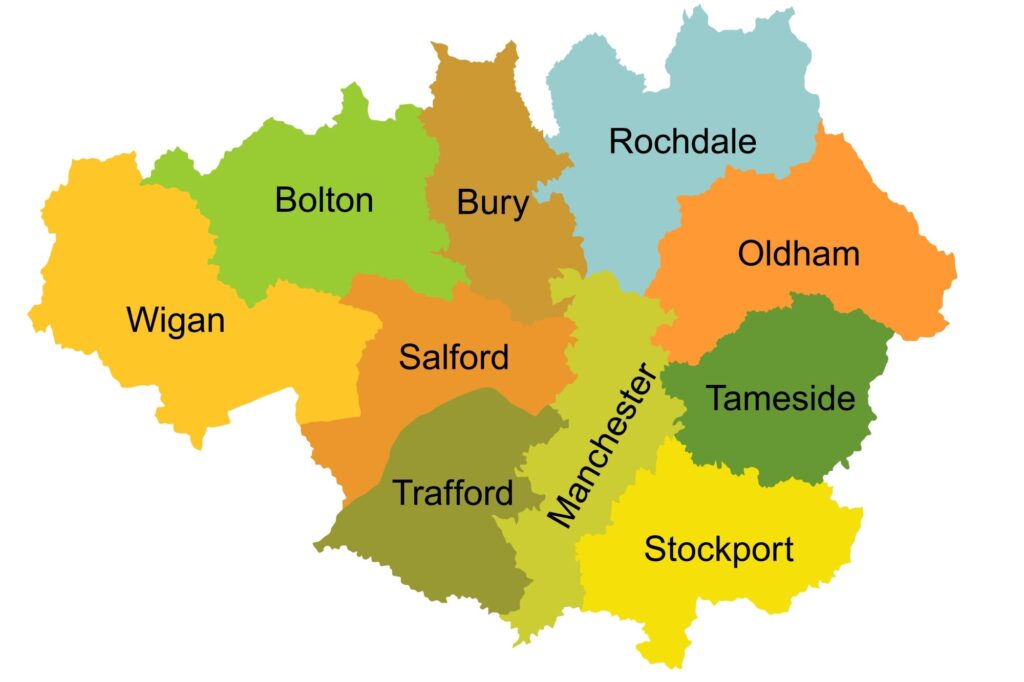
Leave a Reply